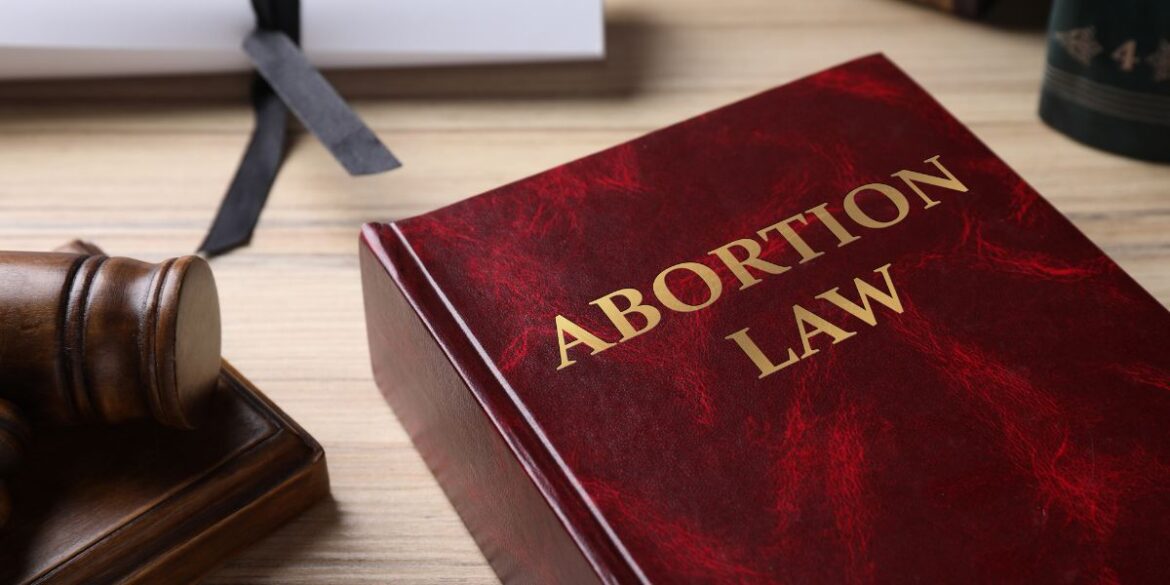Texas Court Upholds Strict Abortion Law: An Overview
On August 5, 2024, a Texas state court delivered a ruling that upheld one of the most stringent abortion laws in the United States, confirming that the ban on most abortions after six weeks of pregnancy would remain in effect. This ruling is a significant victory for pro-life advocates while simultaneously sparking widespread protests and reigniting the ongoing debate surrounding reproductive rights in the state. The impact of this decision further complicates the already contentious relationship that communities and lawmakers across Texas share regarding women’s health care.
The Background of Senate Bill 8
The decision to uphold this law stems from the enactment of Senate Bill 8 in 2021, which has significantly restricted access to abortion services throughout Texas. The law prohibits most abortions after a fetal heartbeat is detected, typically at around six weeks of gestation, a threshold that often precedes many women’s awareness of their pregnancies. Notably, the law contains a unique enforcement mechanism by allowing private citizens to file lawsuits against anyone who performs or assists with abortions that violate these restrictions, thereby circumventing traditional state intervention.
Immediate Reaction to the Ruling
The Texas Supreme Court’s ruling has elicited swift reactions from various stakeholders across the state. For advocates of abortion rights, this ruling represents a considerable setback in the fight for reproductive freedom. The decision aligns with similar laws that have been passed in other Republican-controlled states, indicating a national trend towards increased restrictions on abortion access. Critics of the ruling, including representatives from organizations such as the Texas Alliance for Reproductive Justice, have labeled it as unconstitutional, asserting that it undermines a woman’s basic right to make informed decisions about her own body.
Public Response and Protests
In the wake of the court’s decision, protests erupted outside the Texas Supreme Court building in Austin. Demonstrators rallied, brandishing signs proclaiming phrases like “My Body, My Choice” and “Abortion is Healthcare.” These protests have since spread to major cities across Texas, including Houston, Dallas, and San Antonio, demonstrating the public’s discontent with the ruling. National organizations dedicated to reproductive rights have also expressed their determination to challenge the law through both legal and political channels, emphasizing the need for continued advocacy in these contentious times.
The Impact on Access to Abortion Services
The implementation of Senate Bill 8 has already reshaped the landscape of abortion access in Texas profoundly. Since the law’s inception, many clinics have been compelled to close or reduce their services, as the risks associated with performing abortions that could be contested under this law grow. Consequently, a substantial number of women have found themselves forced to seek abortion services out of state, resulting in extended wait times and increased financial burdens. As the court ruling reinforces these restrictions, the hurdles for women seeking care in Texas are more pronounced than ever.
Support for the Court’s Ruling
Conversely, supporters of the law, including several conservative and religious organizations, view this ruling as a triumphant moment for the pro-life movement. They argue that the law is a crucial step towards protecting unborn children and preventing what they consider an immoral practice. Proponents assert that the law’s unusual enforcement mechanism is vital for ensuring compliance and discouraging abortions, reflecting a steadfast commitment to uphold what they define as the sanctity of life at all levels.
Looking Ahead: Legislative and Legal Battlelines
The aftermath of this ruling has set the stage for an intensified legislative debate regarding abortion in Texas. Some conservative lawmakers are advocating for even stricter measures that could potentially eliminate exceptions for cases involving rape, incest, or threats to a woman’s life. In contrast, abortion rights activists are resolute in their efforts to combat these ongoing legal battles. Organizations like the ACLU and Planned Parenthood have pledged to escalate their fight against the law, including pursuing federal litigation, which may lead to a broader examination of constitutional rights as they relate to reproductive health care.
Conclusion
The recent ruling by the Texas state court underscores the complexities of abortion law in the United States and highlights the continuing divide in public opinion on this contentious issue. As Texas grapples with the implications of this decision, both sides of the debate are poised for further action, whether through legal challenges or social mobilization. This ruling not only sets a precedent for reproductive rights in Texas but may also influence the direction of abortion legislation in other states, ultimately affecting the availability of safe and legal abortion services across the country.
FAQs
What is Senate Bill 8?
Senate Bill 8 is a Texas law that bans most abortions after a fetal heartbeat is detected, typically around six weeks of pregnancy. This law also allows private citizens to sue anyone who performs or assists in an abortion that violates the law.
Why is the recent ruling significant?
The ruling is significant because it reinforces one of the strictest abortion laws in the United States, effectively limiting access to abortion services for many women in Texas and potentially influencing the legal landscape in other states.
What are the implications of this law for women seeking abortions in Texas?
The law has already led to many clinics closing or curtailing their services, resulting in increased travel for women seeking abortions. This has created longer wait times and additional financial burdens for those affected.
What are abortion rights advocates doing in response to this ruling?
Abortion rights advocates are pledging to continue their legal battles against the law, with organizations like the ACLU and Planned Parenthood planning to take the fight to federal courts. There is also a push for greater public awareness and mobilization against these restrictions.
What is the future outlook for abortion laws in Texas?
The future is uncertain, with ongoing calls for stricter restrictions from conservative lawmakers, but sustained legal efforts and public activism from abortion rights organizations may challenge the status quo, potentially leading to changes in legislation or public policy.

